One successful approach for managing utilities in multi-dwelling units is the implementation of smart meters. Smart measurement devices offer immediate information on power and H2O consumption. This data allows property administrators to identify trends and patterns in resource use. For instance, if a particular apartment consumes considerably greater H2O than its neighbors, the manager can examine potential leaks or encourage the resident to adopt additional water-efficient habits. Through addressing these concerns quickly, managers can reduce loss and decrease service costs for everyone tenants.

A further important element of cloud resource administration is the implementation of energy-efficient technologies. Numerous multi-unit buildings can view gain from energy-efficient illumination, heating systems, and cooling units. These technologies not just lower energy consumption but also decrease service bills. Property administrators can use digital platforms to track the performance of such technologies and implement changes as needed. For instance, if a heating system system is not functioning operating efficiently, the administrator can schedule maintenance or improvements to ensure optimal efficiency.
In addition to intelligent measurement devices and energy-efficient solutions, cloud utility administration can enhance interaction between property administrators and tenants. A cloud-based system can offer residents with access to their service usage data, enabling them to track their consumption. This openness encourages residents to be increasingly mindful of their utility use. Additionally, property administrators can send alerts about service schedules, eco-friendly tips, or community activities through the platform. Improved communication cultivates a sense of community and motivates tenants to participate in resource-saving efforts.
Ultimately, adopting cloud utility administration approaches can result in a more eco-friendly residential space. By optimizing resource use, multi-unit units can significantly reduce their environmental impact. This is crucial not just for the tenants but also for the environment. As more an increasing number of individuals grow conscious of ecological issues, they are prone to value living in a building that prioritizes eco-friendliness. Property managers who implement such approaches can draw in eco-conscious aware residents, enhancing the building's standing and possibly boosting its worth. In conclusion, effective digital utility administration is essential for creating efficient, comfortable, and sustainable living spaces in multi-unit buildings.